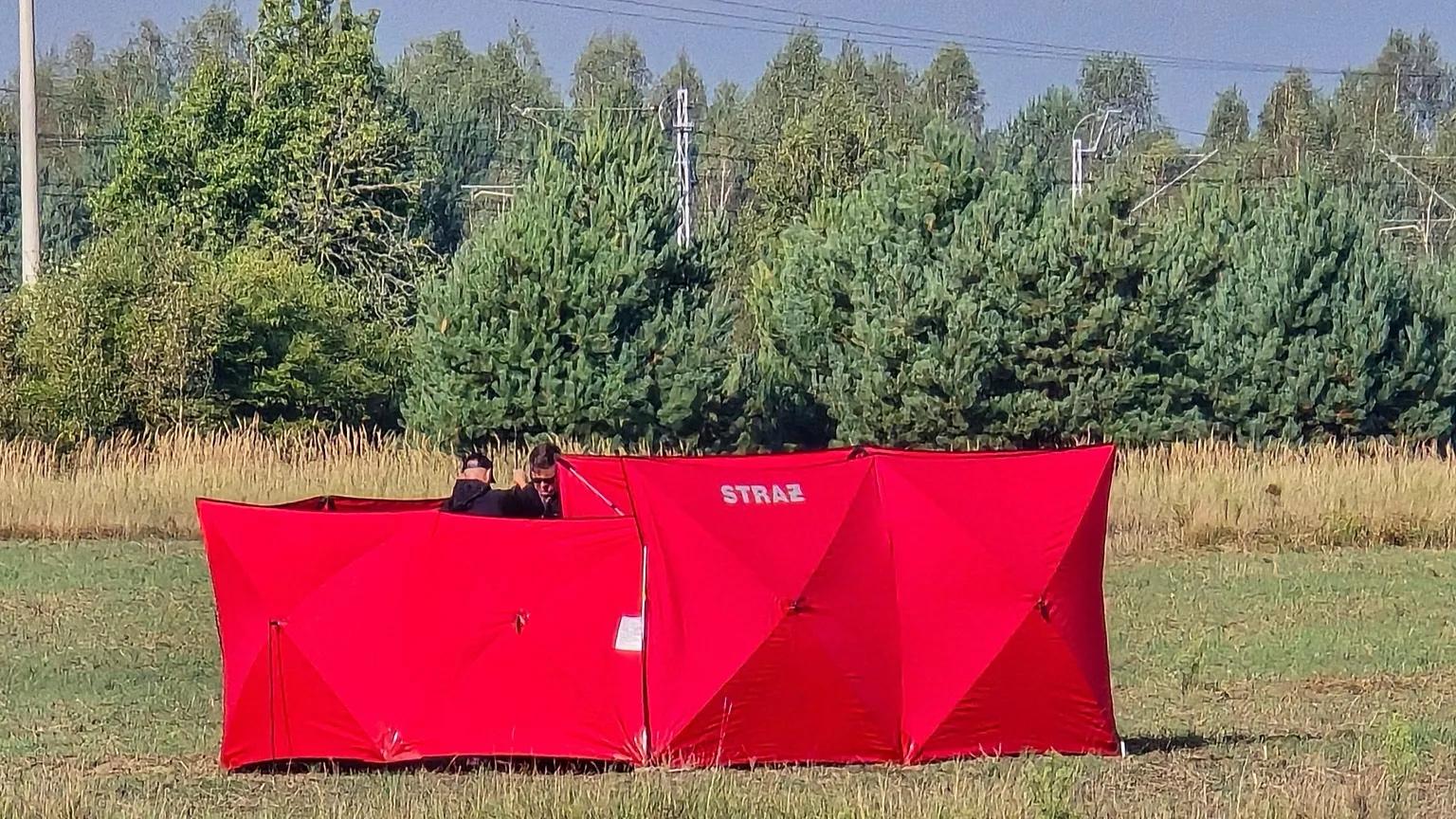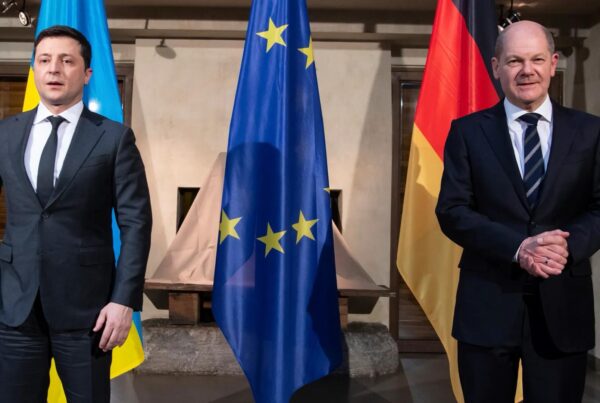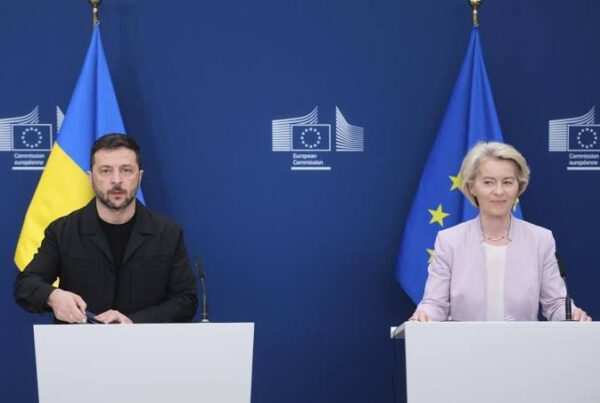Dozens of Russian drones violated Polish airspace earlier this week, sparking one of the most serious escalations since the Ukraine war began. The incident forced the Polish government to temporarily close major airports, scramble NATO fighter jets, and call the United Nations Security Council for an emergency meeting. It underscored how the conflict in Ukraine can spill directly into NATO territory with far more dangerous consequences for European stability.
According to Poland’s military, between 19 and 23 Russian drones entered eastern Poland from Belarus. The air raid lasted more than seven hours. Polish forces, together with NATO allies, shot down at least eight drones, while debris was found scattered across areas including Lublin and Rzeszów. As a direct result, civilian flights at Warsaw Chopin, Modlin, Rzeszów-Jasionka, and Lublin airports were suspended until conditions were deemed safe.
Prime Minister Donald Tusk described the incident as the most dangerous moment for Poland since World War II. He stressed that the violation was not a navigational error but a deliberate provocation. President Karol Nawrocki added that the event was a test of NATO’s readiness. The Polish government subsequently activated Article 4 of the NATO treaty, enabling emergency consultations among members to discuss a collective response.
NATO and UN Reactions
NATO Secretary General Jens Stoltenberg declared that the alliance would stand fully with Poland. He emphasized that any violation of a member’s airspace is a serious issue for the entire alliance. However, NATO has been cautious about a direct military response, given the risk of escalating the conflict further. Instead, the focus has shifted toward strengthening air defenses along the eastern flank and deploying additional radar systems to detect drones and missiles.
Poland also requested the UN Security Council to convene an emergency meeting. Several countries, including Slovenia, Denmark, Greece, France, and the United Kingdom, backed the call. The agenda highlights threats to Polish sovereignty as a UN and EU member state. Although Russia holds veto power as a permanent member, the meeting is considered vital to reaffirm international law and draw global attention to the breach.
Russia’s Stance and Regional Impact
Moscow responded dismissively. The Kremlin rejected the claim that its drones intentionally violated Poland’s airspace. Russian officials argued that such accusations are routine narratives used to pressure Moscow. They insisted their military operations remain focused on Ukraine, not Poland. Yet many analysts remain unconvinced. The incident is widely seen as part of Russia’s strategy to test NATO’s readiness and sow instability in Eastern Europe.
On the ground, Polish civilians expressed fear. Local media reported panic in several eastern regions after repeated air raid sirens throughout the night. European airlines reviewed flight routes over Poland due to heightened safety risks. Some insurers began considering additional premiums for flights passing through the area.
The incident also reverberated in Ukraine. President Volodymyr Zelensky voiced full support for Poland’s actions. He argued that Russia was not only attacking Ukraine but threatening Europe’s entire security. For Kyiv, the episode strengthens its case for NATO to deliver more advanced air defense systems and broader military aid.
Political Signals and the Road Ahead
The Russian drone incursion into Poland serves as a stark reminder that the Ukraine war is no longer confined to a single country. Every breach of NATO’s airspace carries the risk of broader escalation. Security analysts warn that this could become a turning point, especially if NATO opts for tougher measures. Still, some experts urge caution to avoid being dragged into direct war with Russia.
The European Union fully supported Poland’s response. Several European leaders emphasized solidarity against Russian provocation. They also underlined the need to strengthen military coordination while pursuing diplomatic strategies to pressure Moscow. The Baltic states, which share borders with Russia, said they felt increasingly threatened and urged NATO to accelerate permanent base deployments in their territories.
At the UN, even though Russia is likely to veto any strong resolution, the emergency session serves as a crucial platform to highlight real threats to international law. Some non-Western states may remain cautious, but most Security Council members are expected to condemn the airspace violation.
This episode demonstrates how the Ukraine war is steadily pulling Europe into deeper instability. Poland now finds itself on the frontline of a geopolitical struggle between Russia and NATO. Whatever decisions emerge from the UN and NATO consultations, the Russian drones have already sent a clear message: the conflict can expand further. The world is reminded that the region’s stability depends heavily on political choices made in the coming days.






